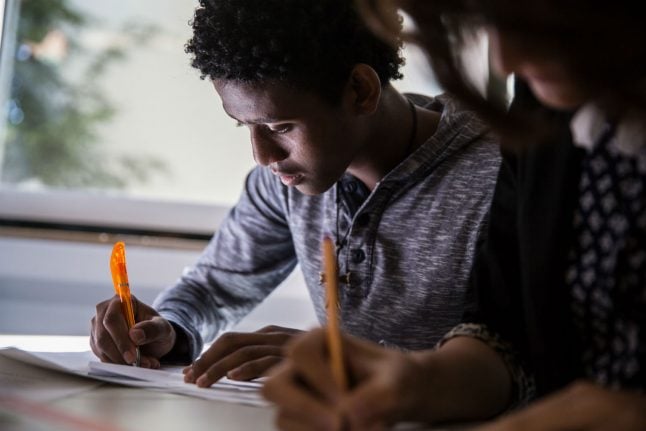“In terms of participation and integration we’re on the right path in Germany,” Aydan Özoguz concluded in remarks on the report titled “Participation, equal opportunity and developing rights in immigrant country Germany.”
“Children with immigrant backgrounds are much more likely to go to kindergarten, more teenagers are getting higher school qualifications in comparison with five years ago, employment among immigrants is up,” she said.
The report details how in 2015, 17 percent of children from immigrant families completed an Abitur, the university prep exams taken at the end of high school. This was an increase from nine percent in 2010.
The percentage of children from immigrant families with a final school qualification also rose from 38 percent to 43 percent.
People with immigration backgrounds are still twice as likely to live in poverty as those with no immigration background, a fact which has remained unchanged for years, Özoguz noted.
“Also, even if the number of people with migration backgrounds in employment has risen from 7.54 million to 7.72 million, unemployment is now almost three times as high among immigrants as it is among German citizens.”
Özoguz also pointed with concern at a heated public debate surrounding the alleged dangers that have arrived with the almost 900,000 refugees Germany took in during 2015.
Taking aim at the far-right Alternative for Germany (AfD) party, Özoguz said that the party had ridden on the back of refugees “to create opinions that don’t always correspond to the truth.”
She emphasized that, while the fears of certain people in society shouldn’t be condemned outright as racism, there are people “who are trying to create the image that criminality will rise if more refugees come here.”
The reality is that there are significant differences between different refugee groups, she said, adding that “at the moment there is as good as no criminality among Syrian refugees.”



 Please whitelist us to continue reading.
Please whitelist us to continue reading.